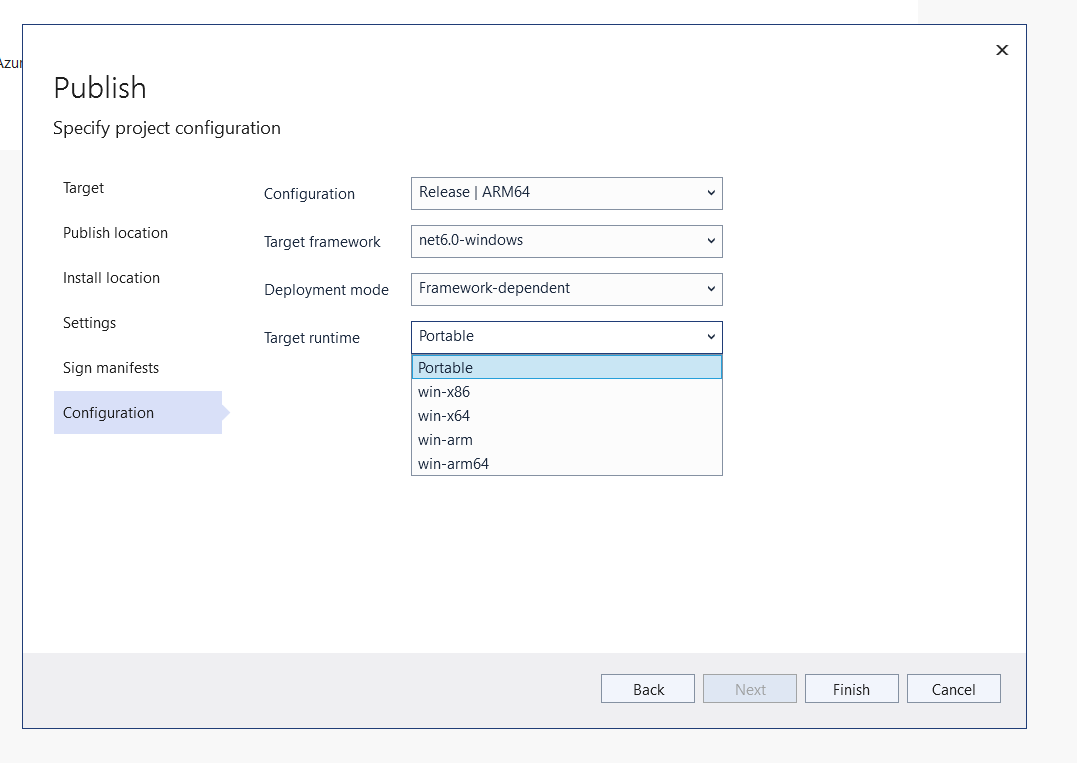Over the years, Microsoft has developed runtime support for .net on many platforms (windows phone, Xamarin, silverlight, and UWP). There has been desire to share code libraries between projects for these platforms. one of the earlier attempts was the portable class library (PCL), which allowed sharing libraries between these platforms. As always, a cross platform library is lowest common denominator api. While code was shared, it is fairly restricted in the apis available. It was designed as a common machine architecture.
When .net core wanted to share libraries with the 4.8 framework, they wanted broader api support then PCL. The net standard class library was defined. .net standard 2.0 is the last to support .net 4.* frameworks. 2.1 only works with cross platform .net core code and is the last .net standard version.
when .net 6.0 is the new cross platform framework. all current platforms are being updated to support .net 6. the cross platform library, is now a regular core library.
some older (dead or on life support) platforms like windows phone, silverlight, and UWP did not make the cut to get upgraded to support .net core libraries. If you want to share code with these platforms your only option is PCL. So creating PCL libraries was added to .net 6.
You should know when you need a PCL library. Typically you can ignore PCL like other obsolete MS technologies (silverlight, IE, Visual Basic, ...).


